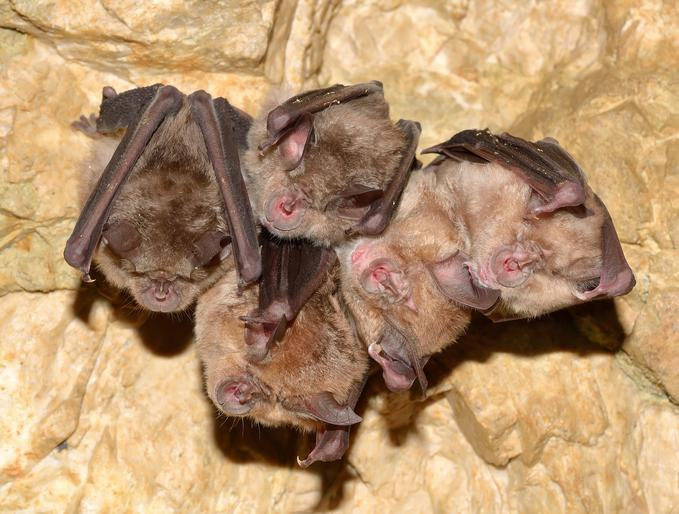The Centers for Disease Control and Prevention (CDC) today warned healthcare providers about a rise in invasive meningococcal disease, mainly from Neisseria meningitidis serogroup Y, with some patients having symptoms that aren't typical for meningitis.

In a Health Alert Network (HAN) notice, the CDC said that, for 2023, it recorded the most US serogroup Y cases since 2014, and so far cases this year are tracking ahead of last year's numbers. As of March 25, the CDC has received reports of 143 cases for 2024, 62 more than the 81 cases reported at this time last year.
Most of the cases involve a specific meningococcal strain, ST 1466, which is disproportionately affecting adults ages 30 to 60, Black or African American people, and those with HIV.
Most of the patients with ST 1466 infections last year had symptoms other than meningitis, especially bacteremia but also septic arthritis in some instances.
The CDC recorded 422 cases in all of 2023. Among 74 patients with known outcomes, 17 (18%) died, a higher case-fatality rate than the 11% seen for serogroup Y from 2017 to 2021.
MenACWY reminder for recommended groups
The CDC said ST 1466 has contributed to previously reported increases in meningococcal disease in people with HIV. Of 24 HIV patients infected with the subtype in 2022 and 2023, only 4 had received the vaccine against serogroups A, C, W, Y (MenACWY), and, of those, none were up to date with their doses. "To date, no other ST-1466 cases have been identified in people who previously received MenACWY vaccine," the CDC said.
It urged healthcare providers to have a heightened suspicion for meningococcal disease in the disproportionately affected groups, to be aware of atypical symptoms, and to ensure that all people recommended to receive the MenACWY vaccine are vaccinated, especially those with HIV.














